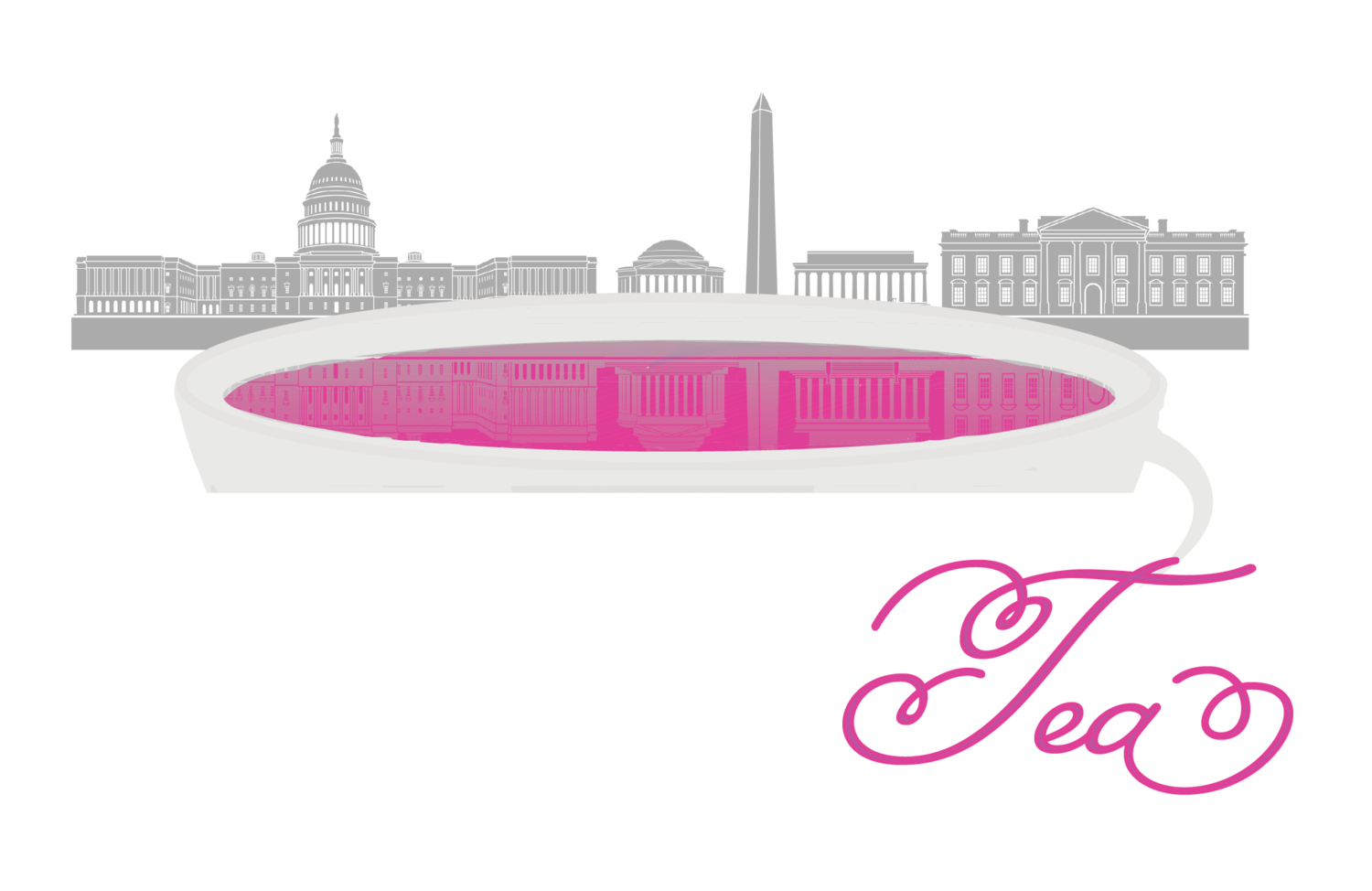Sessions is Investigating Charlottesville's White Supremacy: Should We Trust Him?
By: Kayla Pasacreta
Attorney General Jeff Sessions has announced the Department of Justice is opening an investigation into the white supremacist groups behind the organization of last weekend’s “Unite the Right” rally in Charlottesville, Virginia. Sessions boldly stated, “Justice will be done. We're coming after these people. It cannot be tolerated in America,” He went on to remark, “we will not allow these extremist groups to obtain credibility -- morally, legally.” Sessions even went as far to call the events that unfolded domestic terrorism. This statement from Sessions was much sterner than the one of his boss – Trump simply said he condemned violence from “both sides”. Sessions’ stern words sound good – but can they be trusted?
King's letter condemning Sessions, photo via The Martin Luther King Jr. Center
In 1986, Coretta Scott King penned a passionate letter urging Congress to block Sessions’ nomination for federal judge in Alabama. King spoke of Sessions’ efforts of voter suppression, stating, “Mr. Sessions has used the awesome powers of his office in a shabby attempt to intimidate and frighten elderly black voters. For this reprehensible conduct, he should not be rewarded with a federal judgeship.” She went on to say she believed the confirmation of Sessions would work to damage the progress of her husband’s dream.
The letter worked, and Sessions’ nomination was blocked. However, Sessions eventually went on to become a prominent senator, and now, the Attorney General representing the United States. With his post as Attorney General, Sessions has worked to reverse fair sentencing, advocate for stricter sentencing for non-violent drug crimes, oppose any reform that gives immigrants a path to citizenship, and has continued to use the racially-polarizing idea of law and order.
It's hard to imagine Sessions’ views on criminal justice reform and law and order don’t have anything to do with race. In 1986, Sessions stated, “The NAACP, the Southern Christian Leadership Conference, Operation PUSH, and the National Council of Churches were all un-American organizations teaching anti-American values.” Sessions went on to say that the NAACP and American Civil Libertiesand Union (ACLU) involve themselves “in promoting un-American positions” and “forcing civil rights down the throats of people”. Sessions even once went as far to make a “joke” saying, “I thought those guys (the Ku Klux Klan) were OK until I learned they smoke pot.” Many senators and Congressman were astonished that Sessions would make such a racially insensitive joke. These quotes are very real and give insight to where Sessions truly stands on civil rights for people of color.
The Trump campaign capitalized on abandoning “political correctness” and making America great again – which seemed like a coded message for the very white supremacists Sessions is denouncing to take their country back. This makes things a little complicated for Sessions, and the White House administration in general. How can they begin to condemn a group that their rhetoric has largely emboldened? It’s simply unrealistic for citizens to look to the White House to condemn such groups, given Trump’s refusal to call out white supremacy by its name, and their strong base of supporters who feel left out by the increasing diversity in the country.
photo via ThinkProgress
It’s easy for lawmakers to make strong statements in the light of public scrutiny and pressure. However, a simple Google search reveals how many of these lawmakers – like Paul Ryan, Mitch McConnell, Mike Pence, and Sessions himself ultimately show they have undoubtedly aligned themselves with an administration that has normalized radical, racist behavior. So, should we trust them now to truly fight to dismantle white supremacists groups? I’ll leave you to answer that question.





